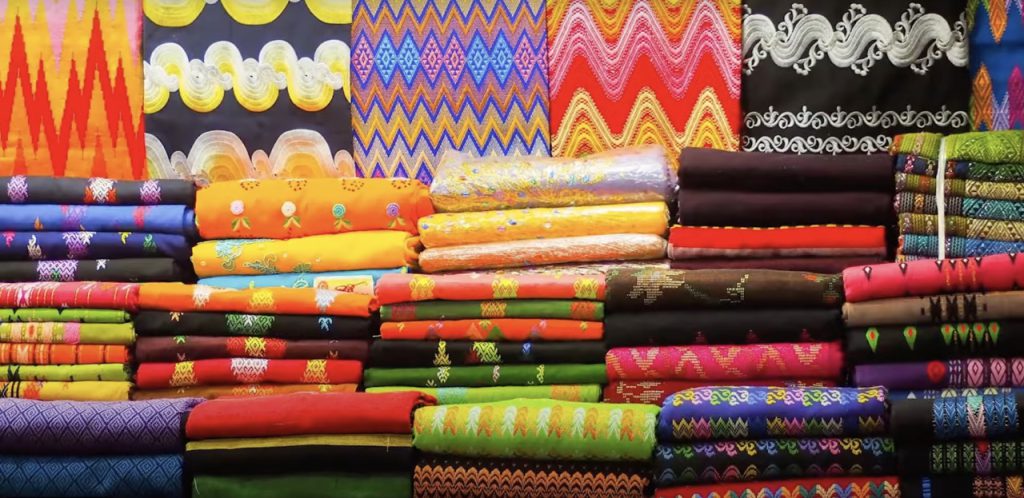Longevity, influence and the social media trap: Who do we trust with our health?
In a world where six-pack abs are flaunted more than six-point health plans, who are we really trusting […]

Draped in rich history and vibrant symbolism, Kente cloth serves as an artistic testament to the legacy of the Ashanti people of Ghana. This traditionally handwoven textile is far more than a mere fabric. Each intricate pattern and motif chronicles tales of social status, spirituality, and historical events, making it a living tapestry of Ashanti culture. Over time, Kente has journeyed from the ceremonial stages of Ghana to the limelight of international fashion shows and red carpets, adorning celebrities and common folk alike. As it gains global recognition, Kente cloth has become an ambassador of African identity, resilience, and cultural pride. But while it enjoys its position in the global fashion lexicon, the importance of understanding Kente’s historical and cultural significance remains paramount.
Kente cloth is traditionally handwoven on looms. The process involves carefully selecting and dyeing individual threads, which are then woven together to create intricate patterns and motifs representing aspects of Ashanti culture, including social status, spirituality, and historical events. The fabric is often worn during important ceremonies and celebrations, such as weddings, festivals, and graduations.
Beyond its fashion applications, Kente cloth has become a potent symbol of cultural identity and resistance. It represents a visual narrative of African communities’ struggles, triumphs, and resilience throughout history.
In recent years, Kente cloth has gained significant recognition in the fashion industry, transcending its traditional uses and making its mark on the global stage. Celebrities, too, have played a pivotal role in popularizing Kente cloth on red carpets, award shows, and high-profile events. Their choice celebrates African cultural heritage and sends a powerful message of pride, unity, and representation.
Furthermore, the popularity of Kente cloth has also had positive economic implications for Ghana and other African countries. The increased demand for Kente fabric has created employment opportunities for weavers and artisans, promoting sustainable livelihoods and supporting local economies.
As we embrace Kente cloth, it is crucial to understand its historical and cultural significance, ensuring that it is not reduced to mere fashion trends or accessories.
Like, share and subscribe for more exciting discoveries here on Qonversations.

In a world where six-pack abs are flaunted more than six-point health plans, who are we really trusting […]

In the era of social media, post-COVID, and with mental health at the forefront, a shift is taking […]